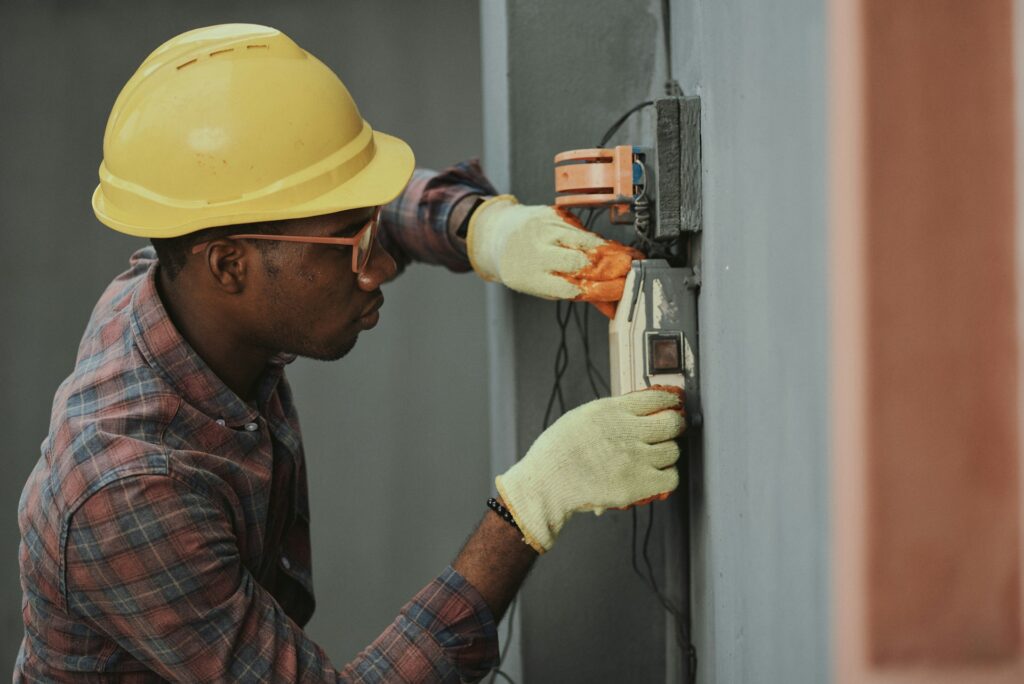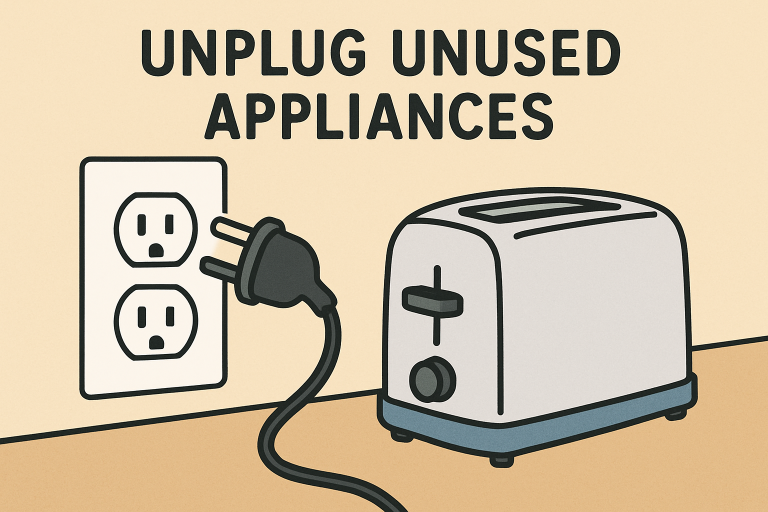
Home electrical safety is not just a matter of convenience—it’s critical to protecting both your loved ones and your property from dangerous, sometimes even deadly, risks. Electrical incidents can result in fires, shocks, or costly repairs, but most hazards can be prevented with the right information and proactive habits. If you ever need professional help with more complex wiring or system upgrades, consulting commercial electrical contractors Philadelphia, PA, can ensure the work is done to the highest safety standards. Start building a safer living environment today by paying attention to your wiring, outlets, appliances, and everyday electrical practices.
Electrical fires in U.S. homes often stem from preventable issues, many of which can be avoided with routine inspections, proper outlet use, and safe appliance habits. Homeowners should stay alert to warning signs, such as flickering lights or buzzing outlets, and regularly inspect their electrical systems. While basic knowledge and maintenance improve safety, professional electricians should always handle repairs and installations to avoid hidden hazards and costly mistakes. Overall, consistent prevention and expert assistance are key to maintaining a safe and efficient electrical system.
Conduct Regular Electrical Inspections
Scheduling routine electrical inspections is one of the most effective ways to identify hazards before they escalate into more severe, costly, or hazardous scenarios. Homeowners should look for common signs of trouble, such as discolored outlet covers, burning odors, or frequently tripping breakers. According to the Electrical Safety Foundation International, regular checks are essential for maintaining a safe home environment. Proactive checks, ideally once a year, will help spot frayed cords, overloaded panels, or improper grounding.
These inspections not only protect your property but also safeguard your family from potential fire and shock risks. Staying proactive with electrical safety creates a more reliable and energy-efficient home.
Install Ground Fault Circuit Interrupter (GFCI) Outlets
GFCI outlets are a legal requirement in locations where water is present, such as kitchens, bathrooms, laundry rooms, and outdoor areas. These outlets are equipped to instantly shut off power if they detect an imbalance, protecting against shocks and electrical burns. As explained in HowStuffWorks, testing each GFCI monthly by pressing the “test” and “reset” buttons ensures ongoing protection.
Regular maintenance not only keeps your home compliant with safety codes but also helps prevent dangerous electrical accidents. Taking a few minutes to check these outlets can provide long-term peace of mind for you and your family.
Avoid Overloading Circuits
Plugging too many devices into one outlet or circuit is a leading cause of electrical fires in American homes. Each circuit is rated to handle a specific load, and exceeding this can cause wires to overheat. Avoid daisy-chaining power strips and keep high-draw appliances, such as microwaves or space heaters, on their own outlets whenever possible. Instead, distribute electronics across multiple circuits.
Use Extension Cords Sparingly
Extension cords are designed for temporary, occasional use—not as a replacement for permanent wiring. Long-term reliance on these cords, especially if they’re buried under rugs, run through walls, or pinched in doors, can lead to overheating or invisible damage. Never use a frayed or damaged cord, and always select the correct gauge cord based on the item’s power requirements. If you need additional outlets, consult a licensed electrician to ensure they are installed correctly and safely.
Unplug Unused Appliances
Leaving small appliances or chargers plugged in 24/7 increases unnecessary wear and fire risk—even when not in use, some devices draw “phantom” energy. Unplugging coffee makers, toasters, and hairdryers can prevent short circuits and help lower your monthly utility bills.

Childproof Your Outlets
Protect curious children or pets from accidental shocks by installing tamper-resistant receptacles (TRRs) or snap-in plug covers. These inexpensive devices prevent objects from being inserted into outlet slots, which can lead to burns or worse. Modern building codes often require TRRs in new construction, but older homes may not have them—making this a critical update for family safety.
Replace Damaged Wiring Immediately
Worn, cracked, or frayed wires carry a very serious risk of sparking house fires. Examine both appliance cords and visible segments of home wiring. If you spot any damage or if an outlet feels hot, discontinue use and have a licensed electrician perform repairs immediately. Never splice severed wires using tape or makeshift connectors, as this can substantially increase risk.
Hire Licensed Professionals for Electrical Work
Electrical repairs and upgrades are jobs best left to experienced, licensed professionals with the proper training and tools. DIY fixes on electrical systems can void home insurance or even violate local codes. From adding outlets to panel upgrades or troubleshooting persistent issues, professional contractors guarantee safe, code-compliant results.
Staying vigilant with these home electrical safety fundamentals not only prevents accidents but also maintains the integrity and value of your property. Taking the extra time to ensure that your electrical system is functioning safely is an investment you, your family, and your home deserve.






